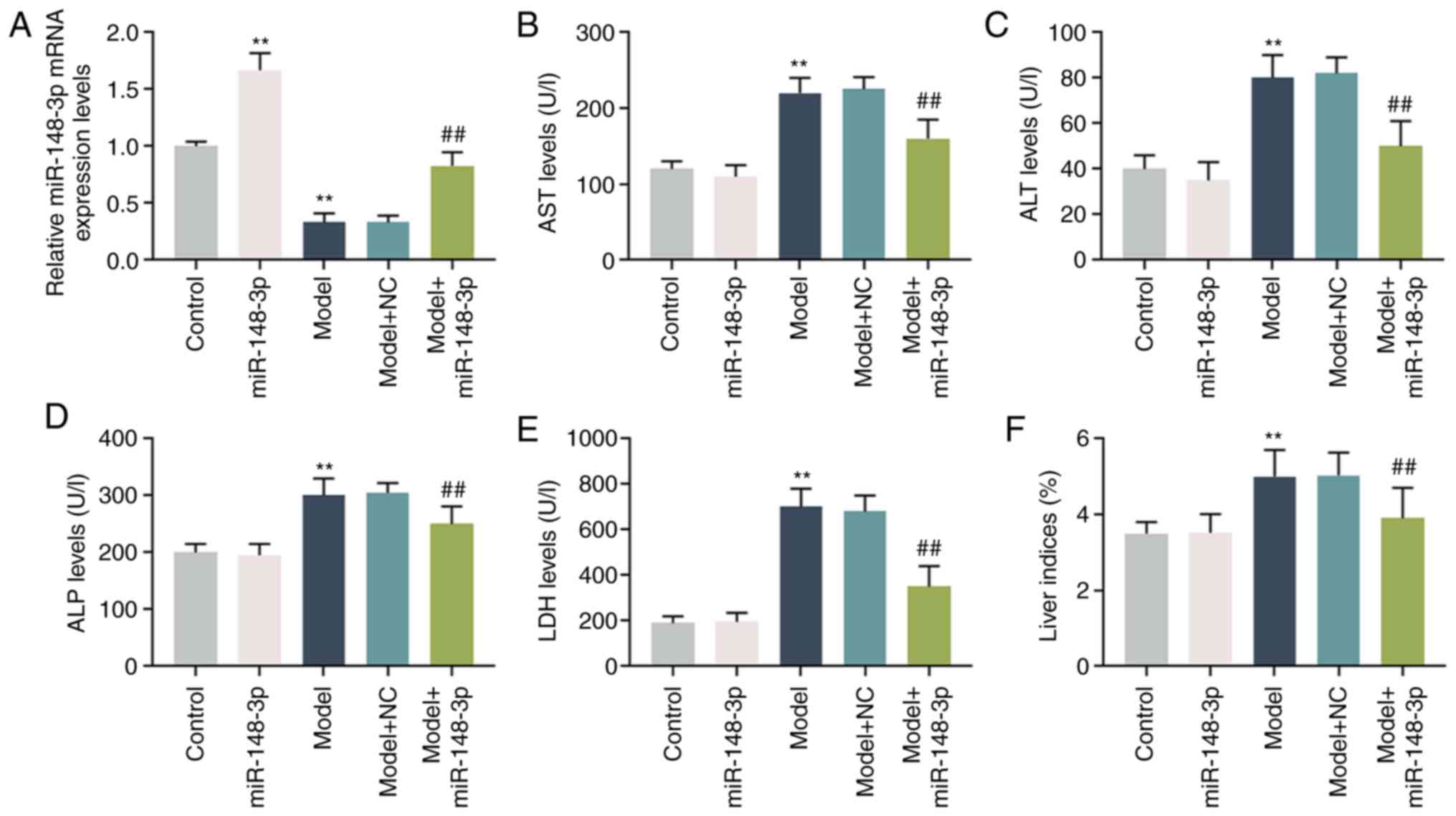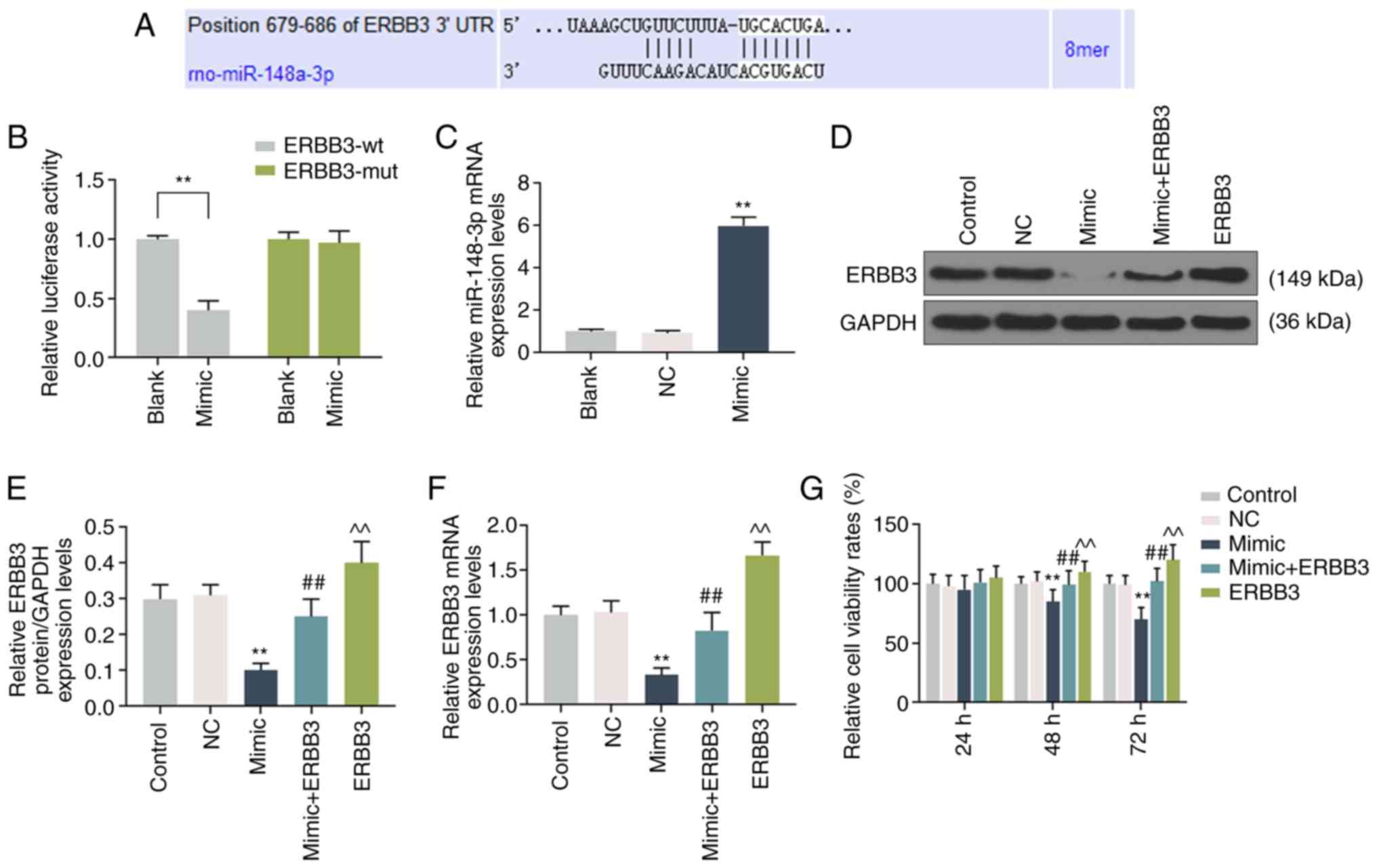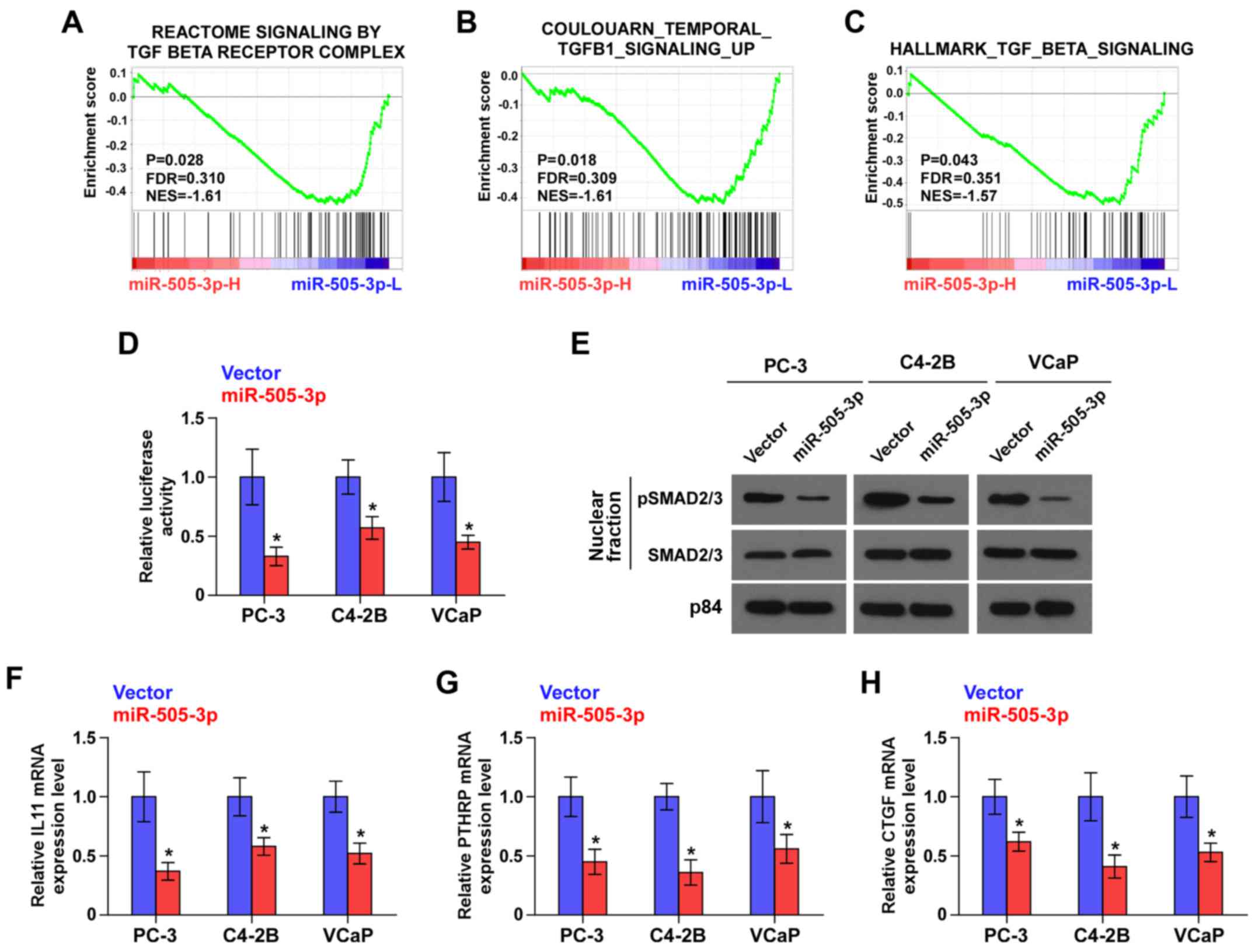
Amadori rearrangement products as potential biomarkers for inborn errors of amino-acid metabolism | Communications Biology
![miR-29a-3p directly targets Smad nuclear interacting protein 1 and inhibits the migration and proliferation of cervical cancer HeLa cells [PeerJ] miR-29a-3p directly targets Smad nuclear interacting protein 1 and inhibits the migration and proliferation of cervical cancer HeLa cells [PeerJ]](https://dfzljdn9uc3pi.cloudfront.net/2020/10148/1/fig-3-full.png)
miR-29a-3p directly targets Smad nuclear interacting protein 1 and inhibits the migration and proliferation of cervical cancer HeLa cells [PeerJ]

Involvement of miR-665 in protection effect of dexmedetomidine against Oxidative Stress Injury in myocardial cells via CB2 and CK1 - ScienceDirect
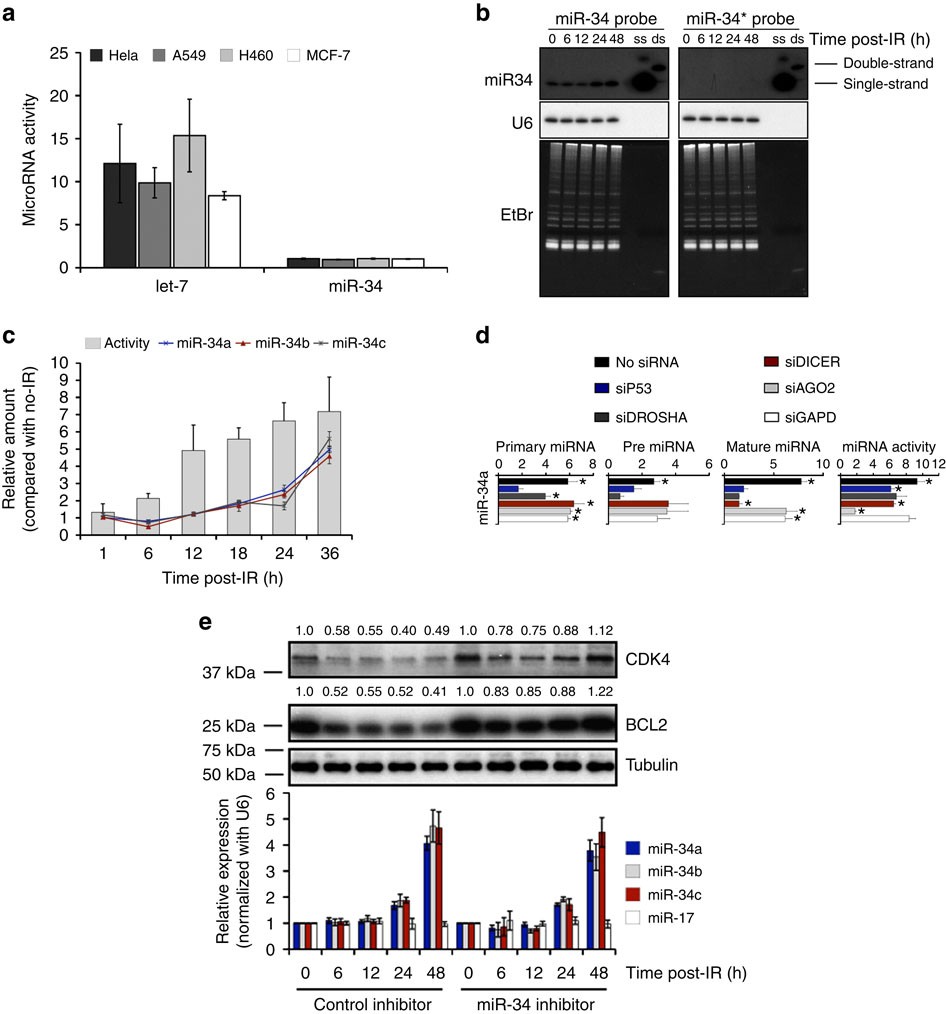
miR-34 activity is modulated through 5′-end phosphorylation in response to DNA damage | Nature Communications
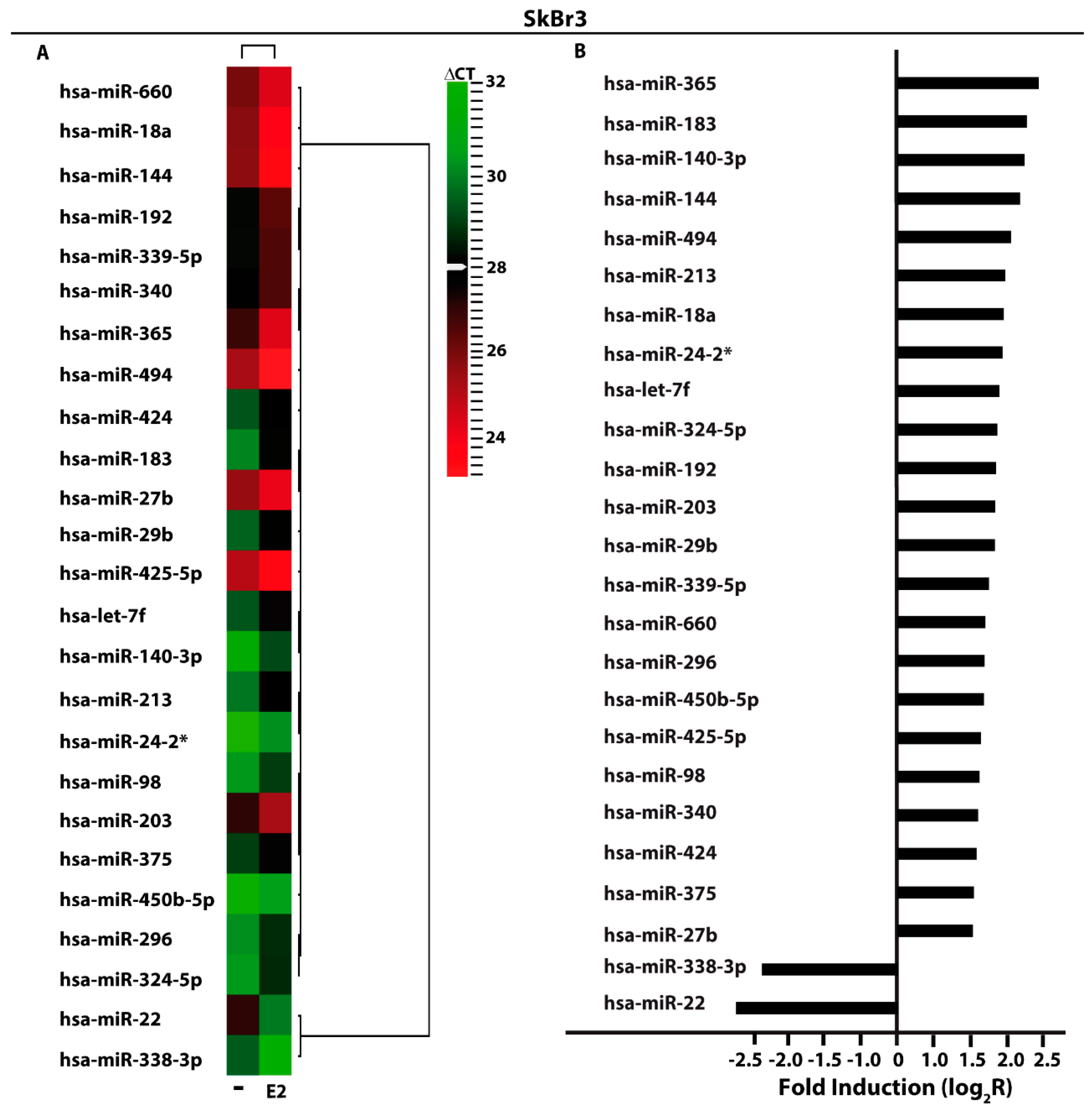
Cells | Free Full-Text | miR-338-3p Is Regulated by Estrogens through GPER in Breast Cancer Cells and Cancer-Associated Fibroblasts (CAFs) | HTML
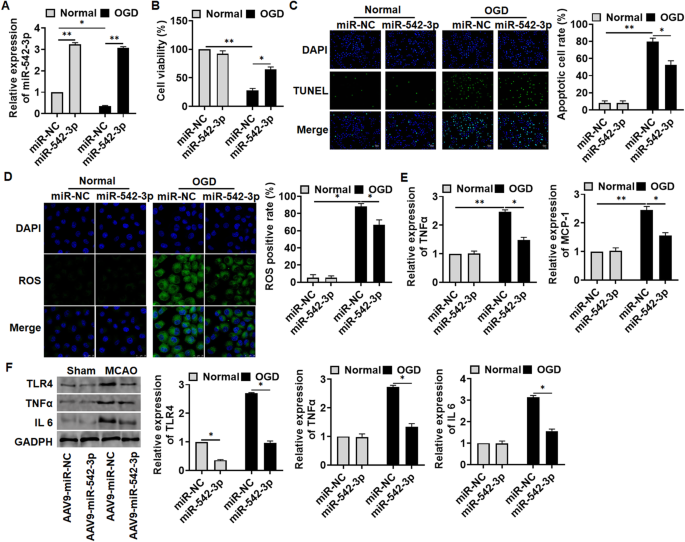
Mesenchymal stem cell-derived exosome miR-542-3p suppresses inflammation and prevents cerebral infarction | Stem Cell Research & Therapy | Full Text

miR-30c regulates proliferation, apoptosis and differentiation via the Shh signaling pathway in P19 cells | Experimental & Molecular Medicine
MiR-21 mediates the protection of kaempferol against hypoxia/reoxygenation-induced cardiomyocyte injury via promoting Notch1/PTEN/AKT signaling pathway | PLOS ONE

Functional high-throughput screening identifies the miR-15 microRNA family as cellular restriction factors for Salmonella infection | Nature Communications

miR-128-3p Is a Novel Regulator of Vascular Smooth Muscle Cell Phenotypic Switch and Vascular Diseases | Circulation Research
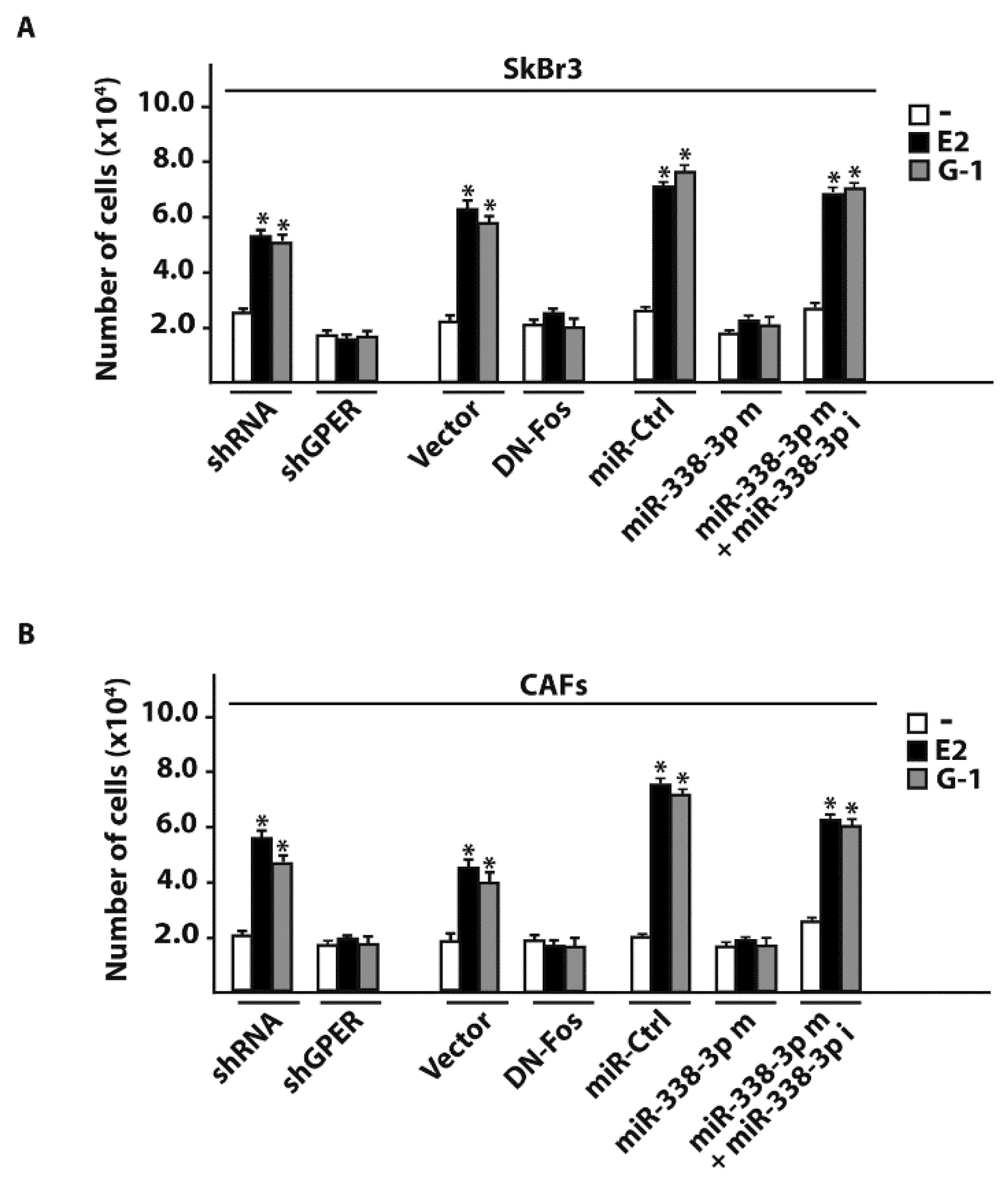
Cells | Free Full-Text | miR-338-3p Is Regulated by Estrogens through GPER in Breast Cancer Cells and Cancer-Associated Fibroblasts (CAFs) | HTML
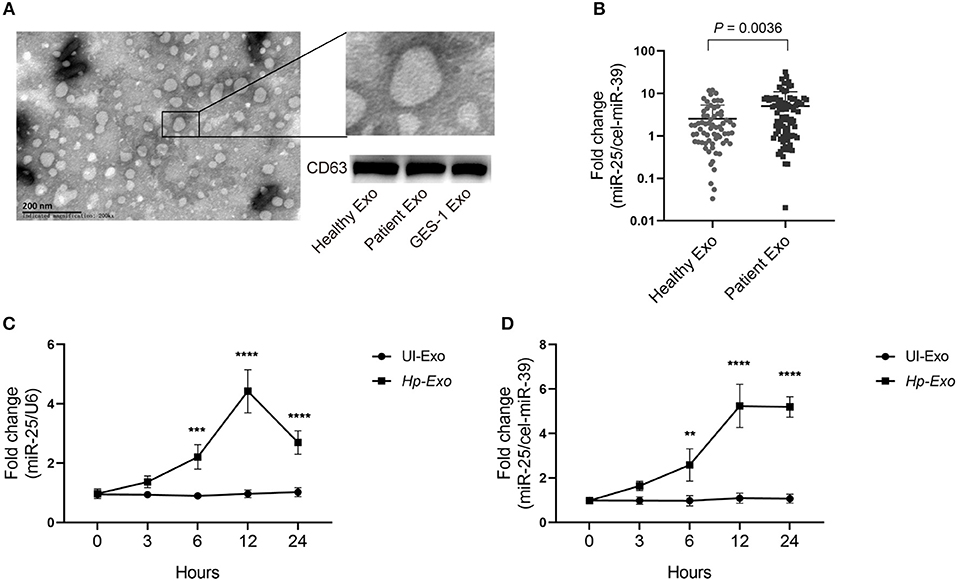
Frontiers | Exosome-Transmitted miR-25 Induced by H. pylori Promotes Vascular Endothelial Cell Injury by Targeting KLF2

miR-204-5p Represses Bone Metastasis via Inactivating NF-κB Signaling in Prostate Cancer: Molecular Therapy - Nucleic Acids

Why is the Ir(III)-Mediated Amido Transfer Much Faster Than the Rh(III)-Mediated Reaction? A Combined Experimental and Computational Study | Journal of the American Chemical Society
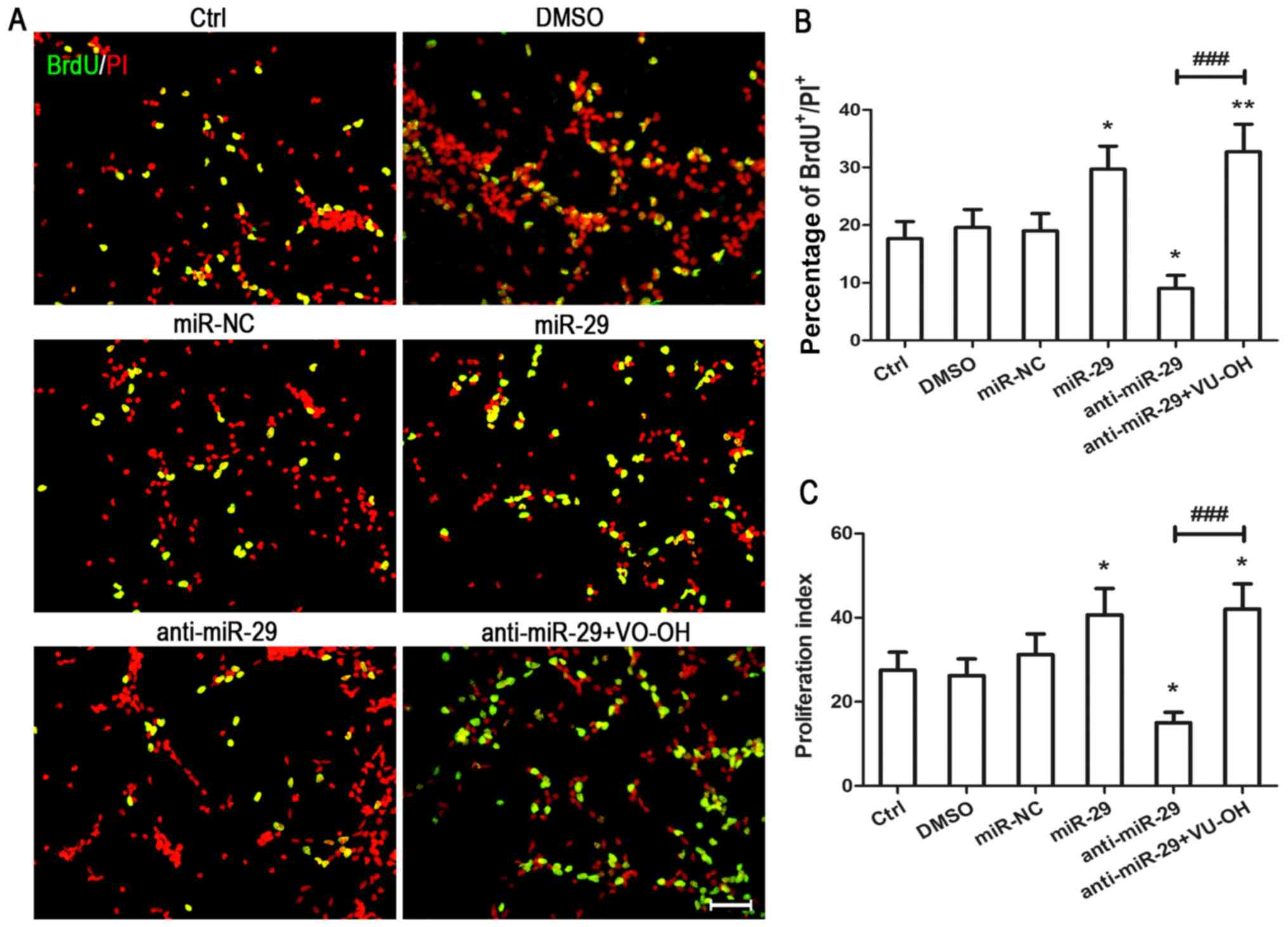
miR‑29 promotes the proliferation of cultured rat neural stem/progenitor cells via the PTEN/AKT signaling pathway
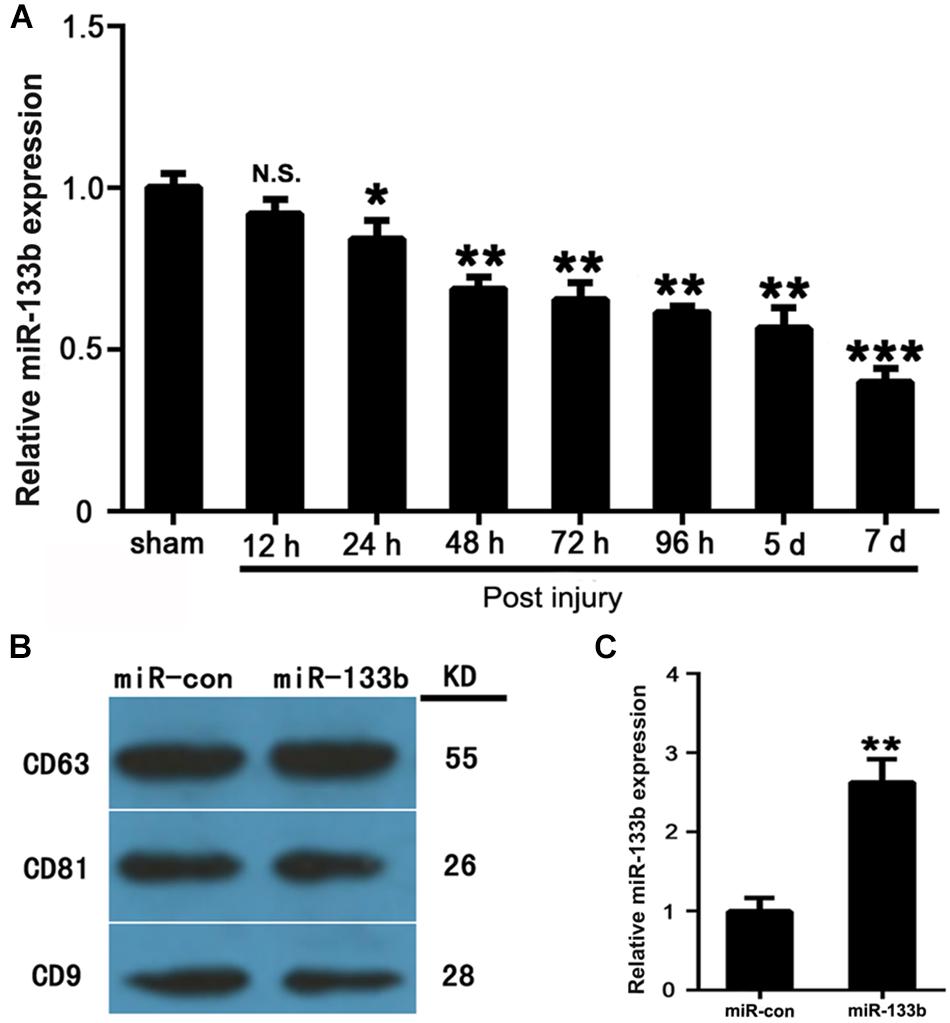
Frontiers | Exosomes Derived From miR-133b-Modified Mesenchymal Stem Cells Promote Recovery After Spinal Cord Injury

miR-34a directly targets tRNAiMet precursors and affects cellular proliferation, cell cycle, and apoptosis | PNAS

miR‐181a/b downregulation exerts a protective action on mitochondrial disease models | EMBO Molecular Medicine



